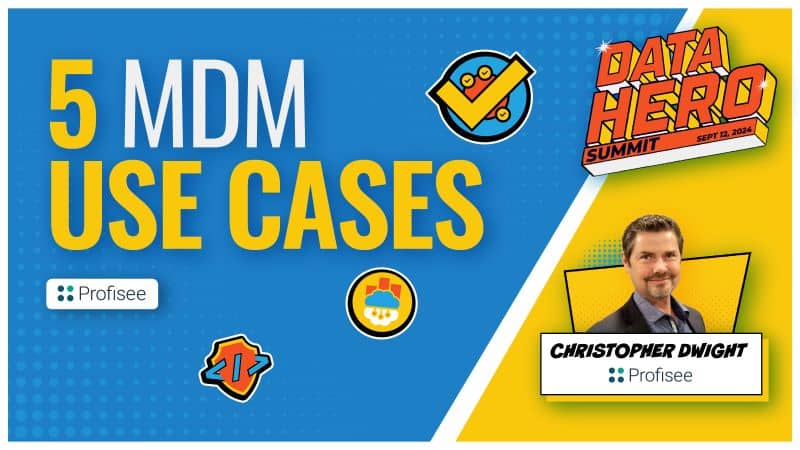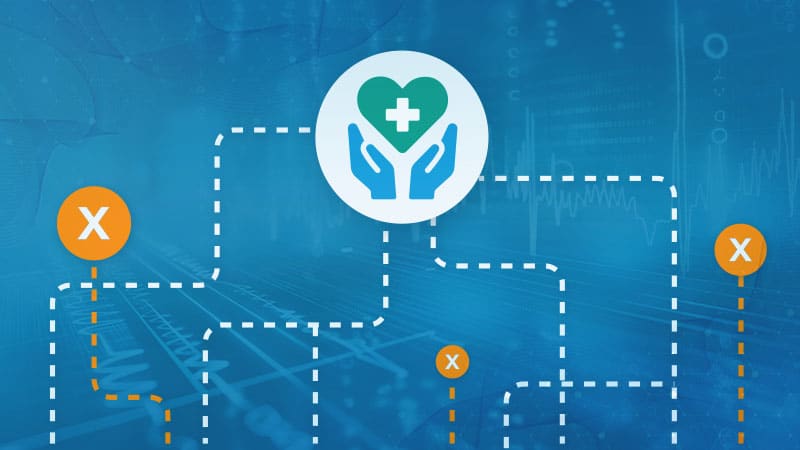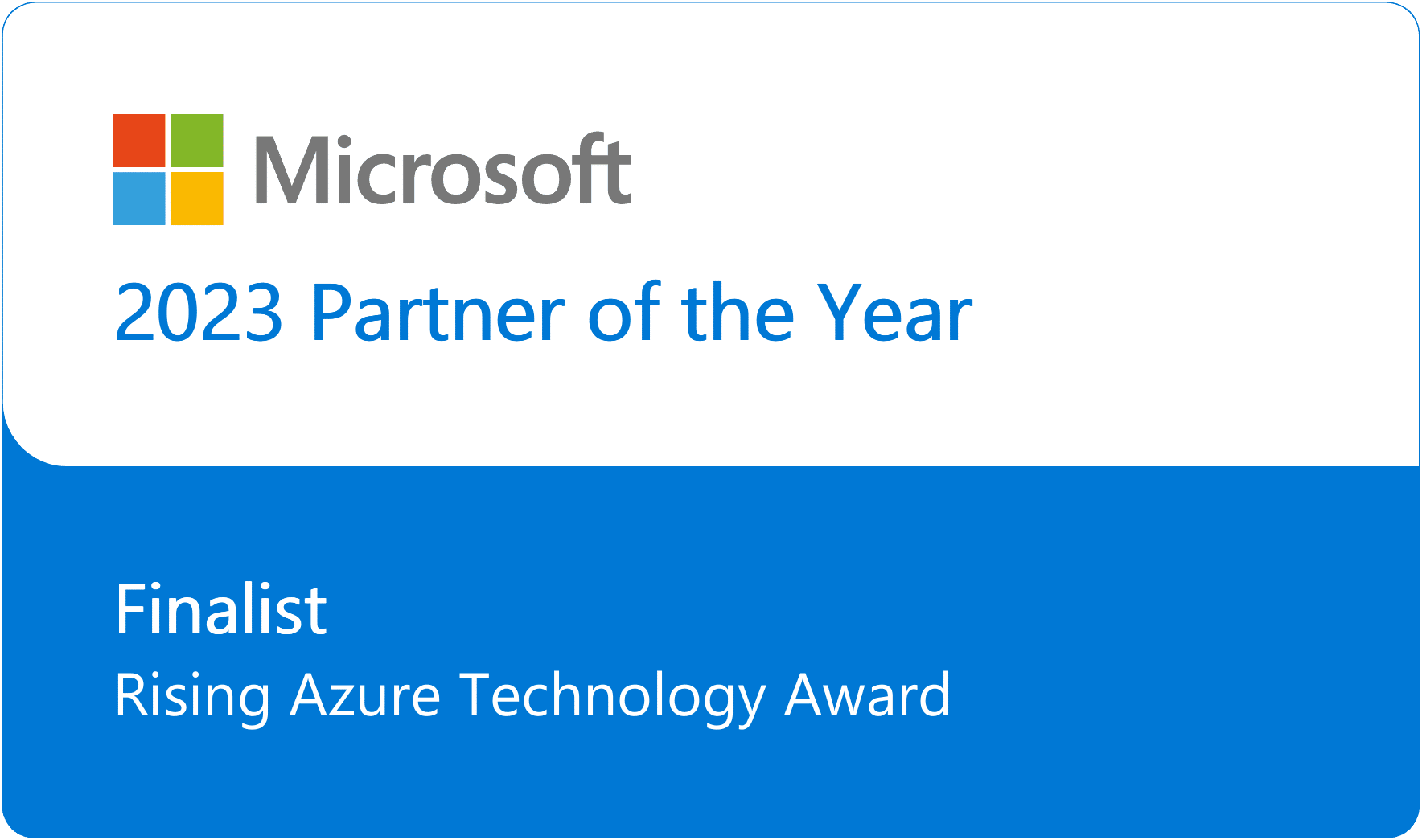Recent news of a decline in US gross domestic product (GDP) in the first quarter has many concerned about the possibility of a global economic recession – and many believe we are already in one. This leads to heightened uncertainty within corporate boardrooms, with many already working on their plans for exactly how they will best weather the coming storm and increase their chances of a strong and swift recovery.
While some positive economic signs are helping some believe that we will avoid a recession – such as strong consumer demand and corporate balance sheets – there is a growing consensus among economists that by 2023 the combination of waning demand, higher interest rates and labor costs and ongoing supply-side issues will drive us into a prolonged economic downturn.
What will this mean for companies considering or already investing in master data management (MDM)? Will companies shelve or postpone their MDM investments, or will MDM remain a priority despite the economic conditions?
Experiences of the past are certainly no guarantee of future events, but there is much we can learn from the global pandemic in the context of a potential future recession. If the past is prologue, then I expect many companies will continue to prioritize MDM spending throughout a recession above other strategic initiatives. Let me explain why.
Looking back to the start of 2020 and the early days of the global pandemic, there were very few reasons to be optimistic about the state of the global economy. Markets were crashing, spending and productivity completely tanked and software vendors had every reason to be concerned for the stability and longevity of their companies.
In March and April of 2020, I witnessed a significant slowdown in MDM activity at companies, as some initial estimates foretold of anywhere from a 10 to 30% decline in the market for MDM solutions in that year. More companies were postponing or completely abandoning their plans for implementing MDM software. Things were looking very, very bleak.
But by late May 2020, even as most of the world was in some form of lockdown, things started to significantly change – well before the benefits of government economic stimulus could be realized. I was having conversations with senior business leaders about how MDM was a critical component of their plan to transform their operations in response to the pandemic.
Companies already working on digital transformation accelerated those efforts, while others were prioritizing digital transformations above most other initiatives. At the core of these efforts was the realization that MDM is foundational to any digital transformation – especially customer MDM.
During the last global economic slowdown, companies were not avoiding MDM – they were running to it.
By mid-2020, the number of companies seeking my counsel on MDM best practices drastically increased. Companies that postponed their MDM programs restarted them. Companies continued to buy MDM software, and what was expected to be a significant decline in the MDM market turned out to be a net market increase by the end of the year – where some companies (including Profisee) even managed double-digit growth. The brief recession of 2020 didn’t destroy the MDM market, it stimulated it.
As 2021 began, supply chain issues started motivating many manufacturing-centric companies not already working on digital transformations to join the fray. A year into the pandemic, customer and supply chain-centric business transformations were fueling an ongoing focus of MDM that continues to this day. Customer experience, supply chain optimization and all forms of organizational efficiencies supported by better MDM have remained a top priority into the first quarter of 2022.
These digital transformations are most certainly not “done”, and many companies are just now understanding how MDM fits into a broader digital strategy. The definition of a digital transformation means many different things to different companies including projects spanning areas such as materials or asset management, customer support and eCommerce.
However, Gartner research has shown that nearly 70% of all digital transformation projects have a dependency on some form of customer or product data. This is exactly why I wrote in a “State of MDM” research note published in 2021 that MDM had transitioned from “nice to have”, to a “must-have”. I firmly stand behind this assessment.
This transition of MDM into a business imperative is a function of companies realizing that they cannot deliver exceptional customer experiences if they do not know who their customers are or what they want. Companies cannot build great products and quickly respond to changing market needs if they cannot manage material, supplier or product data. It is that simple.
There are plenty of examples of how these transformations are driving competitive differentiation. One of my favorites is Nike, which is using its foundation of customer data to transition from under 10% of sales “direct to consumer”, to now over 40%. Eliminating nearly 50% of the wholesalers in their value chain has allowed Nike to remain profitable – and growing – even in a time of significantly reduced demand and supply chain disruptions.
In the face of dire economic warnings, I remain cautiously optimistic about the state of MDM in most companies and the employment prospects for anyone working in the space. Corporate spending cuts and downsizing will certainly happen in a recession. But given what we learned in the global pandemic, there is evidence to suggest MDM programs may not be as negatively impacted as others.

Malcolm Hawker
Head of Data Strategy @ Profisee

Malcolm Hawker
Malcolm Hawker is a former Gartner analyst and the Chief Data Officer at Profisee. Follow him on LinkedIn.















